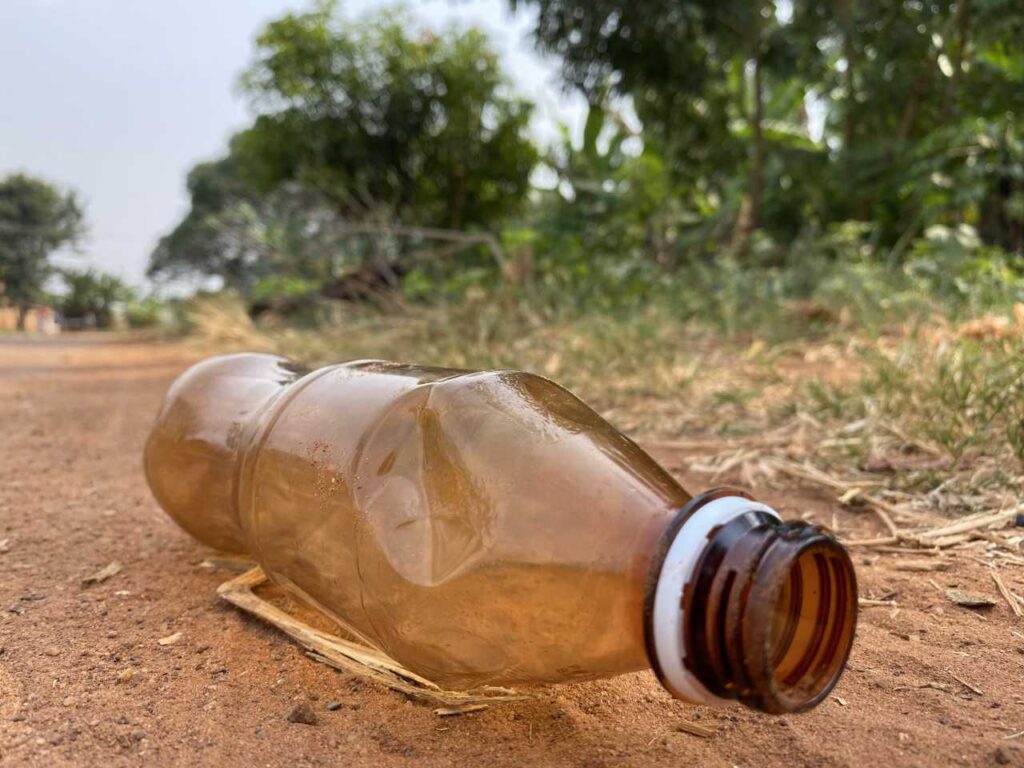Solid Waste Management

Target Group
Senior officers from relevant national, provincial and local authorities, public utility companies, private waste companies, research institutions and similar. Participants are expected to hold at least a BSc in natural or technical sciences, or have experience giving a similar understanding from working in the area for a number of years. Participants are expected to have a strong command of English enabling their active participation in the course. The learning programme content is relevant for both waste sector practitioners and policy makers.
Purpose
The learning programme intends to provide the participants with a well-founded and robust understanding of the modern waste management system, including the complexities and challenges associated with handling waste and organising an efficient waste management system. The goal is to furnish participants with a state-of-the-art knowledge base that represents a solid platform for future development within the participants own organisation. The intention is not to cover in-depth technology details but rather to provide the capacity to carry out coherent, robust and environmentally friendly waste planning.
Content
The learning programme offers a comprehensive introduction to major waste management technologies relevant for the urban waste system, and provides an overview of the organisation, regulation, financing and stakeholder involvement of the Danish Waste Model. The learning programme places a specific focus on the lessons that can be learned from the Danish experiences and waste management approach, both from current management, as well as the historical development that took Denmark to where it is today. This is supplemented by field visits to selected technology sites and interactions with Danish waste sector stakeholders for hands-on experience and knowledge sharing. To provide concrete experiences with the importance of waste characterization (composition of the waste), waste data quality, waste planning requirements, and stakeholder integration, the participants address selected cases in groups to support application of learning elements within the participants own regional settings and development of a personal action plans. To introduce and anchor this, there will be an online introduction day a month before arrival to Denmark to help set expectations and start action plan work, as well as online meetings after returning to home countries to follow up on action plans and implementation of learning.
